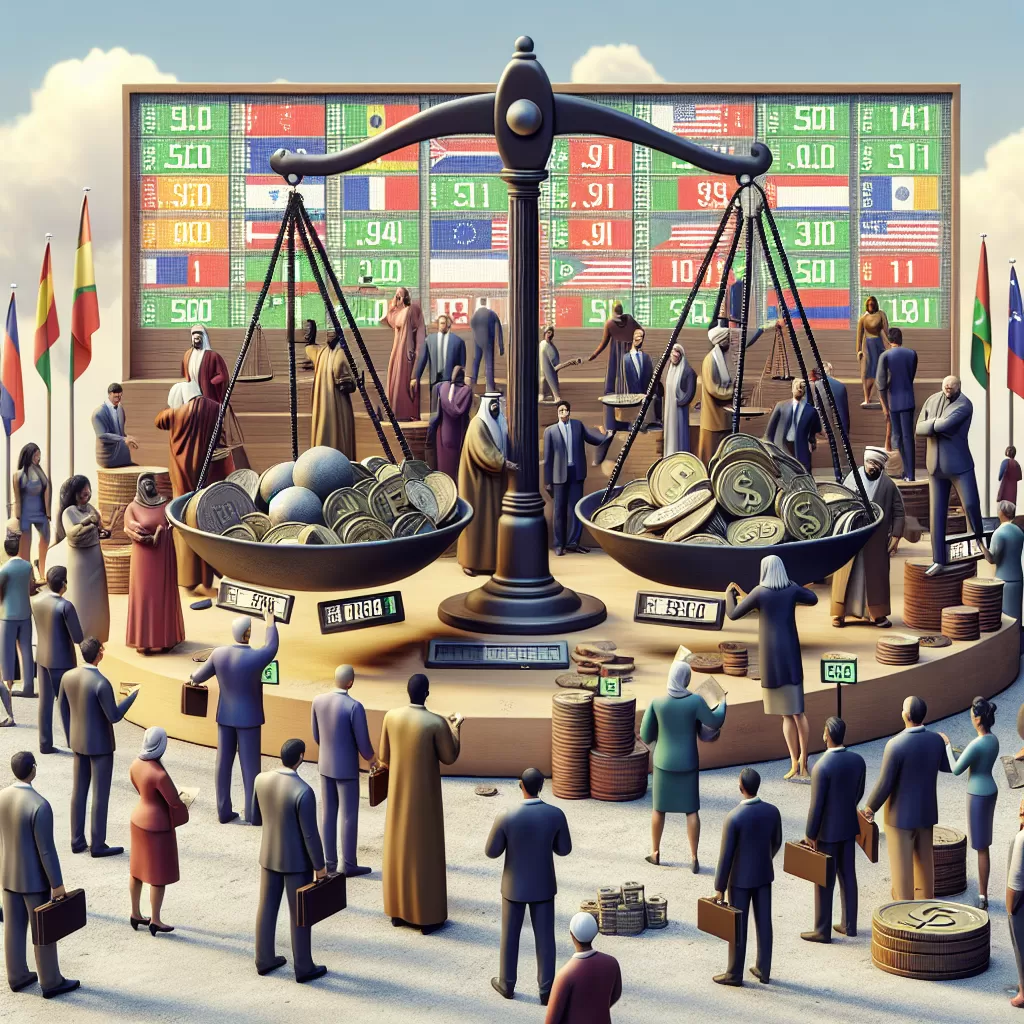Why Do Currency Exchange Rates Vary
Follow Currency Mart April 10, 2024
Where to purchase Foreign Currencies?

Introduction
Currency exchange rates refer to the rate at which one currency will be exchanged for another. They play a critical role in the level of trade that occurs between countries. These rates fluctuate due to various reasons, causing varied effects on the economic and financial flow of different countries. This article will guide you through the journey of understanding why currency exchange rates vary.The Law of Supply and Demand
The primary reason why exchange rates fluctuate is fundamental to every free economy in the world - supply and demand. If the demand for a currency is high, its value will increase. Conversely, if the supply is higher than the demand, its value will decrease. For instance, when there's a high demand for the US dollar, its value will rise against other currencies.Economic Indicators and Financial Markets
Economic indicators play a significant role in fluctuating exchange rates. These include inflation rates, interest rates, public debt, economic growth stability, and political stability. Financial markets influence exchange rates depending on how they speculate these economic indicators. For example, if a country's interest rates rise, it could attract more foreign capital, causing its exchange rate to increase.Geopolitical Stability
Political climate and geopolitical events drastically impact the exchange rates. Political stability instils confidence in a nation's currency, causing it to strengthen, while political chaos, such as wars, coups or corruption, prompts investors to move their assets to safer foreign markets, resulting in the domestic currency's fall.Market Speculation
Speculation is a powerful force that can inflate or deflate currencies. Large fund investors and hedge funds, who speculate on the direction of monetary values, can cause dramatic shifts in currency values. They predict future events, such as changes in government or shifts in economic indicators, and adjust their strategies accordingly.Government Intervention
In some situations, the government may intervene to control the value of their currency. They might increase or decrease the interest rates to control inflation, or even buy or sell their own currency in the foreign exchange markets to stabilize or devalue their currency.Global Economic Events
Global economic events, such as a financial crisis or a surge in particular industrial sectors, can significantly influence currency exchange rates. These types of events can create a ripple effect, impacting various aspects of the global economy, and thus affecting exchange rates.Interest Rate Differentials
Interest rates set by central banks like the Federal Reserve in the US, the Bank of England, or the European Central Bank influence currency exchange rates. If a country's interest rates rise, its currency becomes more appealing to foreign investors, leading to an appreciation in its value.Conclusion
Understanding why currency exchange rates fluctuate is crucial for anyone dealing with international business, travel, or investments. Whether it's supply and demand, economic indicators and financial markets, geopolitical stability, market speculation, government intervention, global economic events, or interest rate differentials - all these factors coalesce to determine the ever-changing landscape of currency exchange rates. They determine the rhythm and flow of the global economy, creating the dance of numbers and values that is the world of forex.
Where to purchase Foreign Currencies?